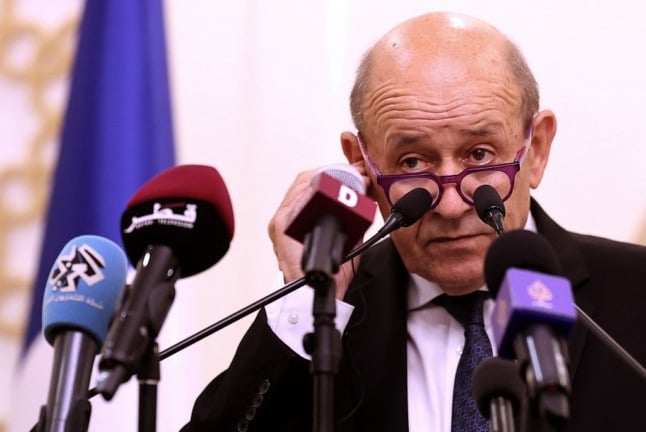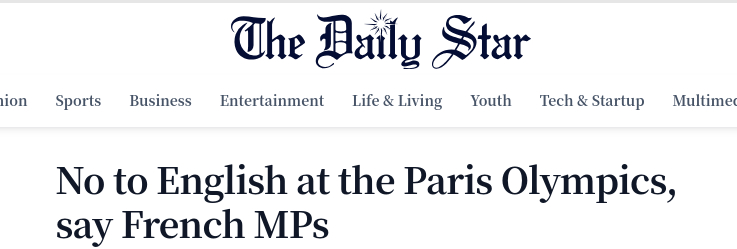“It’s really a stab in the back. We had established a relationship of trust with Australia, this trust has been betrayed,” Jean-Yves Le Drian told France Info radio.
“I’m very angry today, and bitter… This is not something allies do to each other,” he said.
“This sudden and unforeseeable decision very much recalls what Mr Trump would do,” Le Drian added, referring to the previous US president Donald Trump.
US President Joe Biden announced Wednesday a new defence pact with Australia and Britain that would see Canberra get a nuclear-powered submarine fleet, a privilege reserved for few American allies.
The move underscore increasing concerns about China’s growing influence in the Indo-Pacific region, where France is also looking to protect its interests that include the overseas territories of New Caledonia.
Defence Minister Florence Parly on Thursday called Australia’s about-face “very bad news with regards to keeping one’s word,” while adding that France is “clear-eyed as to how the United States treats its allies.”
“In terms of geopolitics and international relations, it’s serious,” she told RFI radio.





 Please whitelist us to continue reading.
Please whitelist us to continue reading.
I think one of the problems here was that what the French called ‘the contract of the century’ looked like it was going to take a century to deliver. I can see why the French feel let down though as there must have been a lot of Australian/ US/UK double-talk and double dealing going on in the last few months. Maybe, however, Australia felt emboldened to act that way when the EU confiscated their vaccines. Just a thought.
Sounds like a new geo-political alliance is forming. US – Aus – UK. Could call it the Fox/Murdoch-media-market Alliance.
Giving one’s word in a business deal and then abruptly going back on it is a lesson in survival for the most resilient and best prepared.
As a retired American twenty year expatriate in France , I encourage my adopted country to move toward increased autonomy from the United States.
The whole point of the European Union is to provide economic and military independence for its members. Let’s not let anything interfere with that goal!
I should add that not having a back up plan ready in the event of disaster is not being fully prepared!
Michael Kittle
Vaison la Romaine
France
It was never the point of the EU to be a military alliance. Not least because they have no common foreign policy , 4 of its members are neutral, and 7 of its members were part of the Soviet bloc not so long ago.
Wishful thinking on my part!
You may get your wish as it looks like there will be a drive for an EU army under the French EU presidency next year. For most of the countries of the EU , however, less dependence on NATO means more dependency on France and Germany. Do you really imagine that’s what most of them want ? There are three nuclear powers in NATO – so would Hungary, for example, feel safer swapping that for a single French nuclear umbrella and military defence getting mixed up in all the usual domestic , economic squabbling of the EU.
The devil is in the details.
A stronger European Union is the obvious solution for having weak or unreliable allies!
Most of my fellow Americans are not aware of the deep seated relationship between France and the United States.
Without financial and military assistance from France the American Revolutionary War would not have succeeded.
We Americans owe our very existence to past french governments!